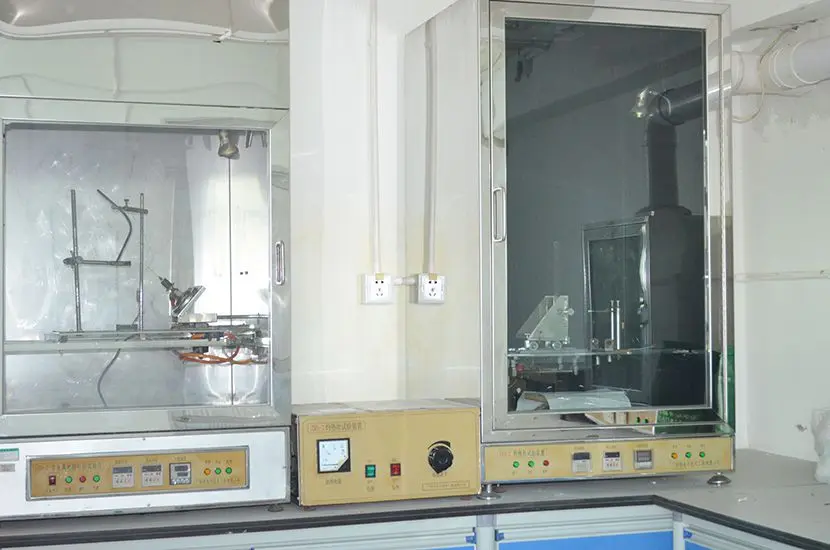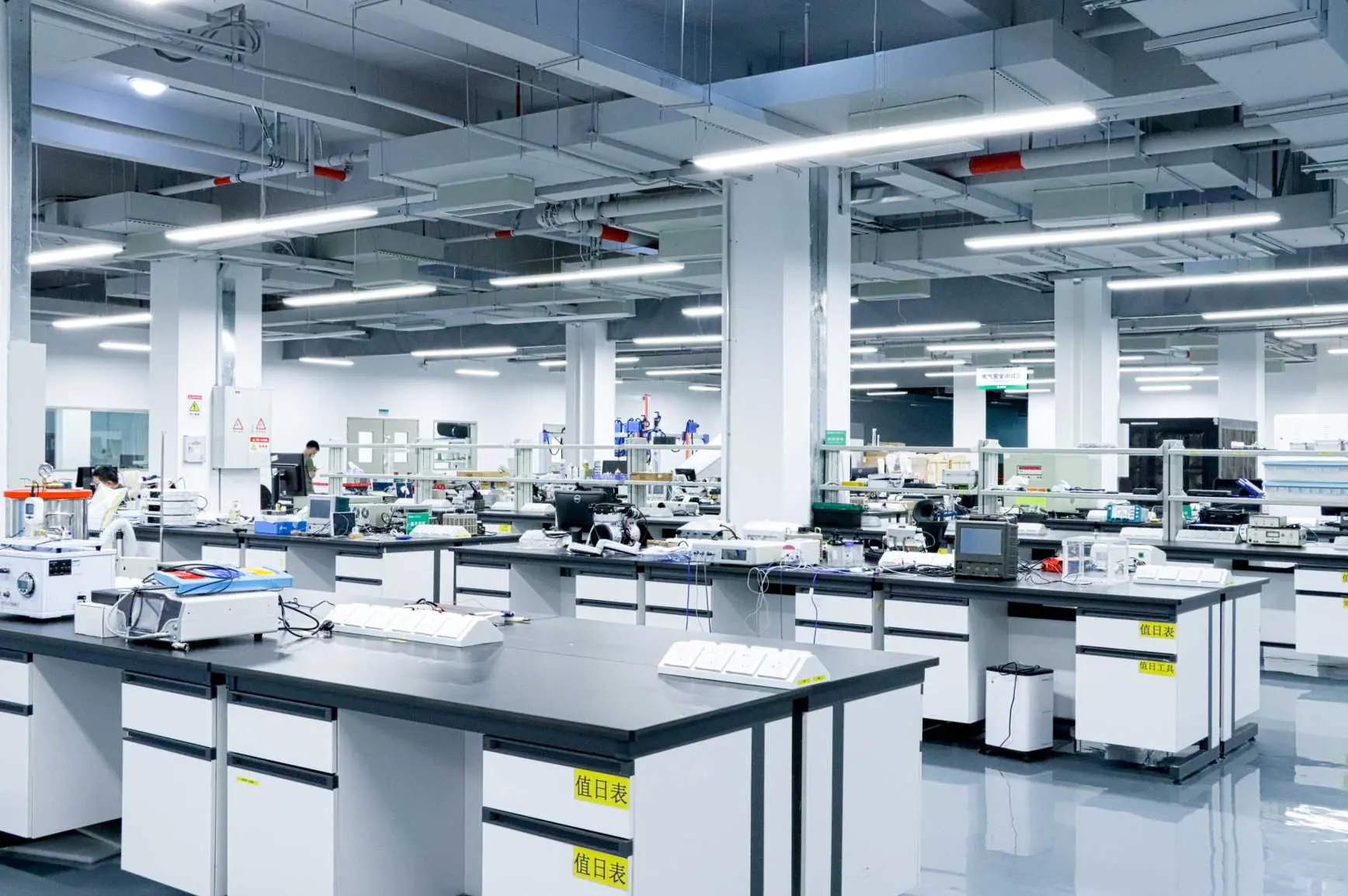
How much does biocompatibility test for dental materials cost?
What are dental materials?
Dental materials are specialized materials used for the repair, replacement, or enhancement of teeth, commonly used in fillings, restorations, implants, orthodontics, and whitening procedures. These materials must possess strength, durability, biocompatibility, and aesthetic qualities.
Which dental materials require biocompatibility testing?
Materials such as dental amalgam, composite resin, glass ionomer cement, gutta-percha, gold alloys, nickel-chromium alloys, all-ceramic materials, porcelain crowns, metal brackets, ceramic brackets, invisible aligners, titanium alloys, zirconium alloys, glass ionomer cement, composite resin cement, hydrogen peroxide, and carbamide peroxide.

What is biocompatibility?
The purpose of biocompatibility testing is to ensure that when materials come into contact with the human body, they do not release toxic substances that cause local or systemic cytotoxicity, carcinogenicity, or reproductive toxicity. The materials should not trigger inflammatory, immune, toxic, or thrombotic reactions upon contact with the body.
biocompatibility testing costs for Dental Materials
If only the standard three biocompatibility tests (cytotoxicity, skin irritation, and skin sensitization) are performed, the cost is $3,100 at the JJR Lab in China. You are welcome to send samples for testing.
Introduction to Biocompatibility Test Items
- cytotoxicity test: When cells are exposed to toxic substances, they exhibit changes such as vacuolization, detachment, cell membrane disruption, and even cell death. The MTT assay detects cell survival by measuring the conversion of yellow MTT into blue formazan crystals in the mitochondria of live cells.
- Skin Sensitization Test: This test assesses whether medical devices or substances can cause contact allergic reactions or delayed hypersensitivity (Type IV). Guinea pigs are injected intradermally with a mixture of adjuvant and extract to amplify potential allergic responses.
- Skin Irritation Test: This test evaluates whether medical devices or substances contain components that cause skin irritation. After extracting the test material, a patch is applied to rabbit skin to observe for potential irritation.
- Intracutaneous Irritation Test: This test assesses the potential of components to cause irritation within the skin by injecting extracted material intradermally into rabbits and observing for irritation.
- Eye Irritation Test: This test evaluates whether materials or substances cause eye irritation by instilling the extracted liquid into rabbit eyes and observing for irritation to the cornea, conjunctiva, or iris.
- Acute Systemic Toxicity Test: This test evaluates the potential harm of a single short-term exposure of medical devices or their extracts to animals.
- Pyrogen Test: This test assesses whether materials contain components that can cause a fever response (pyrogens) by injecting the extract into the ear veins of rabbits and monitoring temperature changes.
- Endotoxin Test: Endotoxins, produced by Gram-negative bacteria, are a common pyrogen. The turbidimetric and chromogenic methods are used to calculate endotoxin levels. Turbidimetric reagents react with endotoxins, causing turbidity, while chromogenic reagents turn yellow in the presence of endotoxins.
- Implantation Test: This test evaluates whether implanted medical devices or substances cause local reactions. The material is implanted into specific areas of rabbits (subcutaneous, muscle, bone), and its effects are analyzed histopathologically.
- Hemolysis Test: Hemolysis refers to the release of hemoglobin from red blood cells. In vitro tests evaluate red blood cell damage by detecting hemoglobin levels with commercial kits.
These tests adhere to ISO 10993 standards and other relevant guidelines to ensure safety and efficacy.
Email:hello@jjrlab.com
Write your message here and send it to us
 Most Reliable Medical Device Test Lab
Most Reliable Medical Device Test Lab
 How to Obtain a Cosmetic Product Safety Report
How to Obtain a Cosmetic Product Safety Report
 US and EU Cosmetics Compliance
US and EU Cosmetics Compliance
 How to Obtain SDS Sheets Certification
How to Obtain SDS Sheets Certification
 Personal Care Products MSDS
Personal Care Products MSDS
 Approval for UL 1727 Introduction
Approval for UL 1727 Introduction
 Candle Label Requirements United States
Candle Label Requirements United States
 Laser Product Qualification Consultants
Laser Product Qualification Consultants
Leave us a message
24-hour online customer service at any time to respond, so that you worry!




